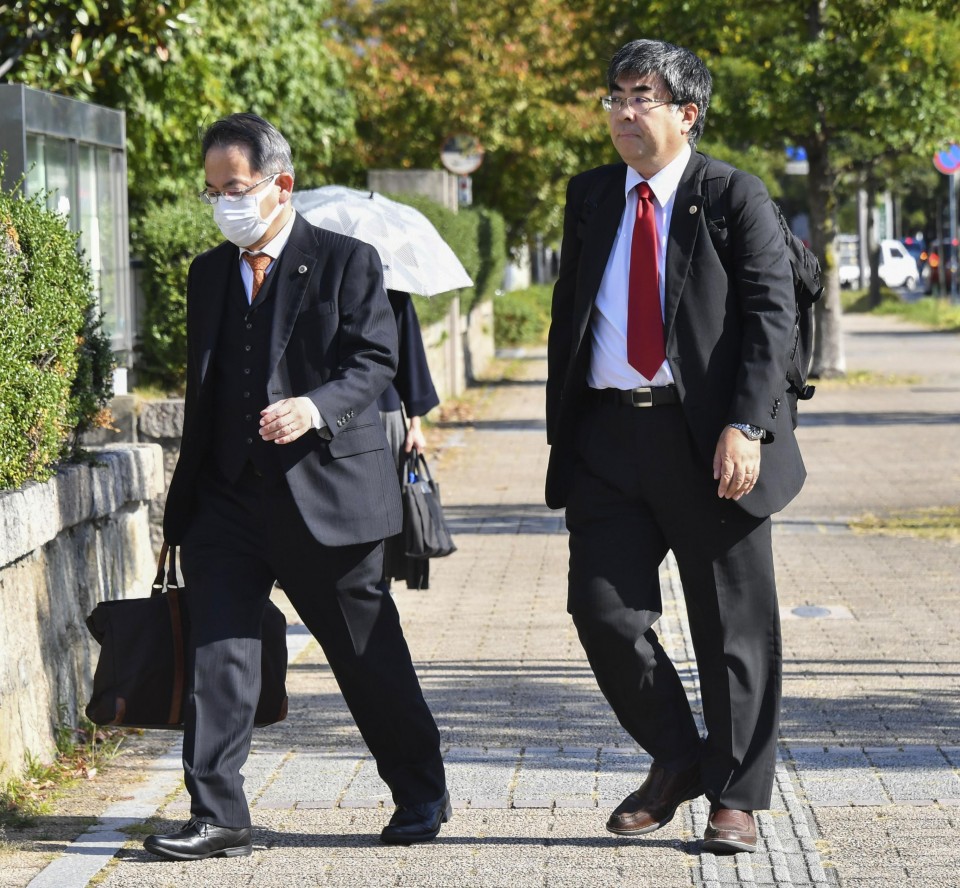Tokyo, 29 October, /AJMEDIA/
A Japanese court ruled Friday that the up to 3.03-fold vote disparity in July’s upper house election was in “a state of unconstitutionality,” a decision that comes on the heels of three such rulings earlier this month.
But the Hiroshima High Court rejected calls to nullify the poll results in the Hiroshima constituency as sought by the plaintiffs.
The disparity was “in a state of significant inequality at a level that causes the problem of unconstitutionality,” Presiding Judge Kunihiko Yokomizo said in handing down the ruling, while adding that not correcting the disparity before the election should be tolerated under the Diet’s discretion.
The ruling is the sixth to be handed down among 16 similar lawsuits filed across the country at 14 high courts and their branches by two groups of lawyers who claim the vote weight disparity in the House of Councillors poll violated the Constitution’s requirement for fair elections.
So far, high courts in Osaka, Tokyo and Sapporo have judged that the disparity was in a state of unconstitutionality. Meanwhile, the Nagoya High Court and the Matsue Branch of the Hiroshima High Court ruled it constitutional.
Seiichiro Ishii, a lawyer who was among the plaintiffs, welcomed the Friday ruling, saying it will “serve as a guidepost” for coming lawsuits.
The last of the series of the ruling will be handed down in mid-November, after which the Supreme Court will give its decision on the issue.
While the top court has never nullified a House of Councillors election result, nor has it labeled one unconstitutional as such, it did rule the respective 5-fold and 4.77-fold disparities in the 2010 and 2013 contests as in a state of unconstitutionality, and decided the 2016 and 2019 races were constitutional.
In the most recent House of Councillors election held on July 10, Kanagawa Prefecture had the largest number of voters per seat in the election, while Fukui Prefecture had the least, leading to a 3.03-fold vote disparity. The vote weight gap was larger than the 3.00 disparity in the previous upper house election in 2019.

